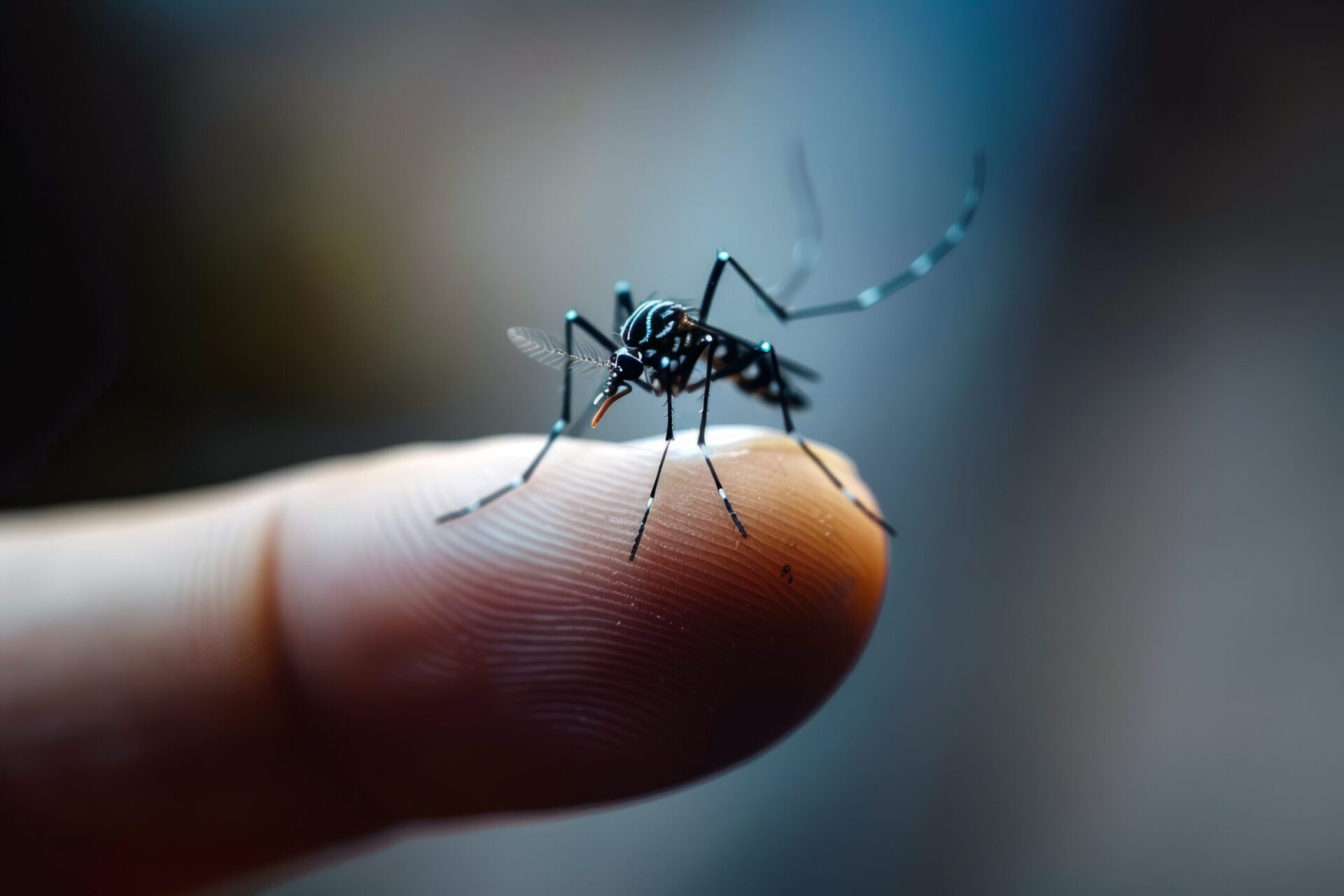In November 2024, Ahmedabad has seen a worrying uptick in vector-borne diseases, with 138 confirmed cases of dengue between November 1 and 23, according to the Ahmedabad Municipal Corporation (AMC). Alongside this, 78 cases of simple malaria, 35 severe malaria cases, and 28 chikungunya cases have been reported. These numbers add to an already concerning trend observed this year, with cumulative figures for 2024 showing a significant rise in both dengue (2,147 cases) and chikungunya (222 cases) since January. This surge highlights a growing public health challenge, with the city grappling with a variety of illnesses linked to poor sanitation and changing climate conditions.
As part of its efforts to combat the rising health risks, the AMC has ramped up its testing procedures, with more than 64,000 blood samples tested for viral fevers and over 7,100 serum samples analysed within the past three weeks alone. However, despite these measures, the city’s water quality remains a concern. From November 1 to 23, over 39,000 water samples were tested, and 132 samples were found to have inadequate chlorine levels, making them unsuitable for consumption. In a further investigation, 31 out of 4,326 water samples tested for bacterial contamination were also deemed unsafe, underscoring the need for continued focus on water treatment and public health infrastructure.
From a civic perspective, the rapid spread of these diseases has placed additional strain on Ahmedabad’s healthcare system and public health resources. Hospitals are reportedly facing increased pressure due to the rise in malaria and dengue cases, and local residents are calling for more comprehensive sanitation drives and vector control measures. While the authorities have made strides in addressing these challenges, the situation highlights deeper systemic issues regarding urban cleanliness and the city’s ability to handle outbreaks of preventable diseases.
Sustainability and environmental factors are key in understanding this health crisis. The rise in vector-borne diseases is not only a public health concern but also an environmental issue, as it reveals gaps in urban planning and water management systems. With Ahmedabad’s growing population and urban sprawl, the challenge of maintaining sustainable sanitation and water systems becomes more pressing. The rise in cases signals the need for long-term infrastructural solutions, such as improved waste management and more effective vector control measures, to create a healthier and more sustainable urban environment for future generations.




